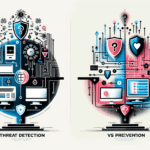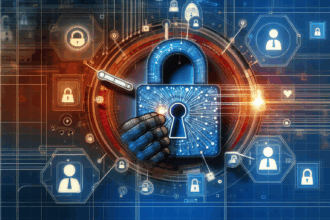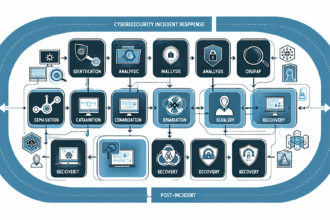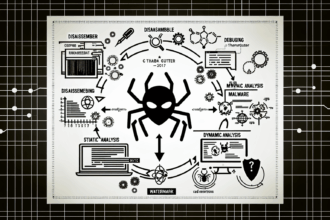Understanding Cybersecurity Frameworks: A Deep Dive
In today’s digital age, understanding cybersecurity frameworks is crucial for businesses, especially those in the virtual currency industry. The advent of cryptocurrencies has brought along unique challenges that require robust security measures to protect sensitive data. Companies face issues such as data breaches and hacking, making the mastery of cybersecurity protocols more essential than ever.
Pain Point Situations
Take, for example, the infamous 2016 DAO hack, where a vulnerability in smart contract code led to the theft of over $50 million worth of Ether. This incident highlighted significant weaknesses in existing security measures. Organizations must ensure they adopt thorough cybersecurity frameworks to prevent such breaches and safeguard their assets. The increasing trend of crypto-related fraud also indicates a pressing need for more sophisticated security structures.
Solutions in Depth
To enhance security frameworks, businesses should consider implementing **multi-signature verification**, a process that requires more than one signature for financial transactions. Here’s how to effectively implement this solution:
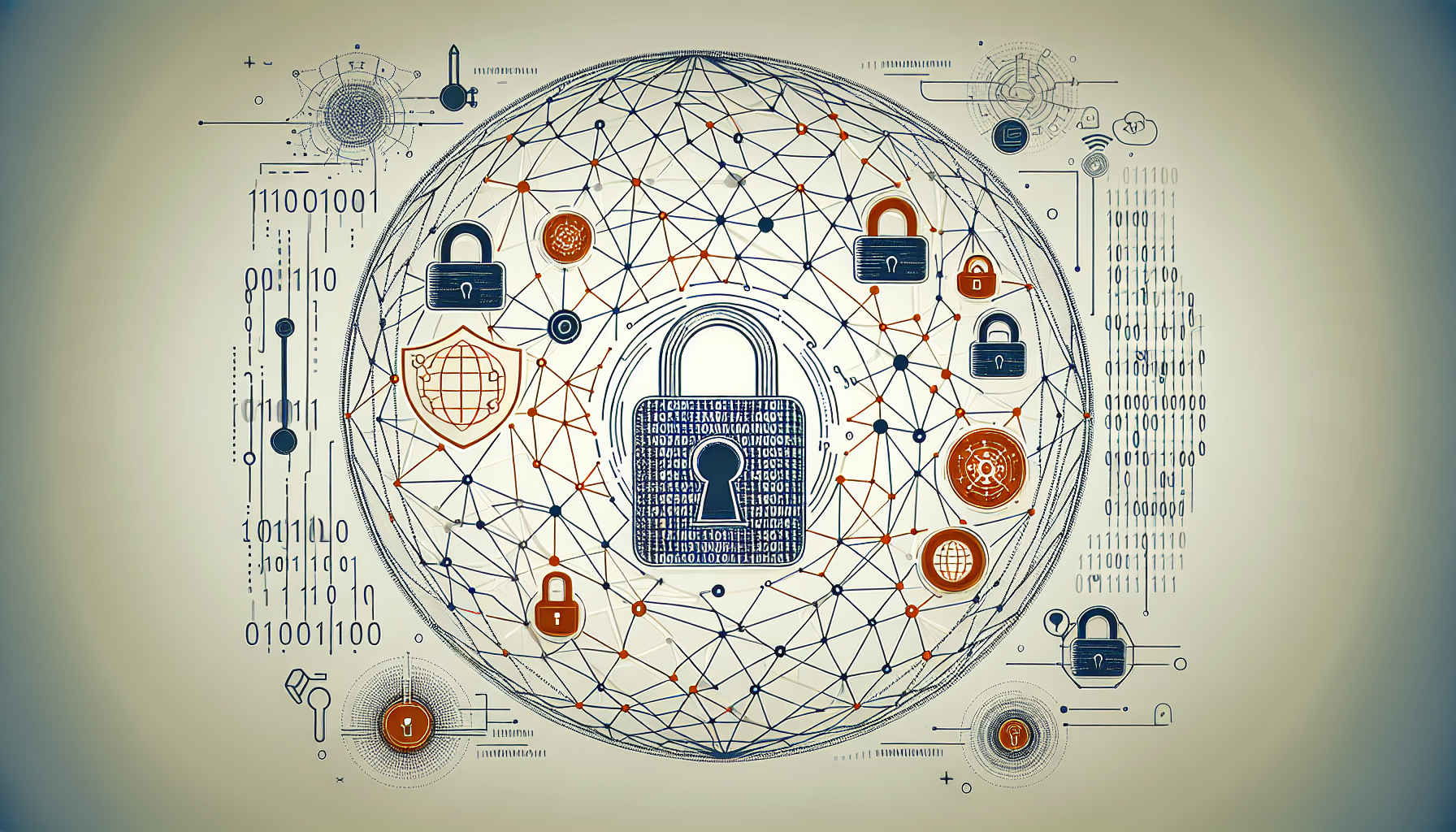
- Step One: Assess your current security protocols.
- Step Two: Choose a multi-signature wallet available in the market.
- Step Three: Configure the wallet according to organizational security policies.
- Step Four: Regularly review access permissions and audit transactions.
To further understand the effectiveness of various cybersecurity solutions, we compare the **multi-signature verification** approach with traditional single-signature wallets:
| Parameter | Multi-signature Wallets | Single-signature Wallets |
|---|---|---|
| Security Level | High | Moderate |
| Cost | Higher setup costs | Lower setup costs |
| Suitability | High-value transactions | General use |
According to a recent Chainalysis report, the projected cost of cryptocurrency fraud is expected to reach billions by 2025. This highlights the importance of adopting advanced cybersecurity frameworks to mitigate risks effectively.
Risk Warnings
Despite enhanced security protocols, risks remain. Some potential threats include phishing attacks and compromised private keys. It is imperative for organizations to **regularly educate their teams about security best practices** and **utilize two-factor authentication (2FA)** to minimize vulnerabilities. Failure to adopt these measures could result in severe financial losses and reputational damage.
In the rapidly evolving virtual currency landscape, businesses must remain vigilant and proactive. By investing in the right cybersecurity frameworks, such as the ones discussed, companies like theguter can protect their assets while navigating the challenges of digital finance.
Conclusion
In conclusion, understanding cybersecurity frameworks is an ongoing process that demands attention and effort. As the virtual currency industry continues to expand, the importance of reliable security measures cannot be overstated. Implementing appropriate techniques such as **multi-signature verification** can vastly enhance security. Organizations must stay informed and proactive in adopting effective cybersecurity strategies, ensuring their operations are both efficient and secure.
FAQ
Q: What are cybersecurity frameworks?
A: Cybersecurity frameworks are structured guidelines and best practices to manage and mitigate risks, emphasizing the need for understanding cybersecurity frameworks.
Q: Why is multi-signature verification important in cybersecurity?
A: Multi-signature verification adds an essential layer of security for transactions, significantly reducing the risk of fraud and emphasizing the importance of understanding cybersecurity frameworks.
Q: How often should businesses update their cybersecurity protocols?
A: It’s crucial for businesses to review their cybersecurity protocols regularly, ensuring they align with current standards and further solidifying the understanding of cybersecurity frameworks.
Author: Dr. James Thornton, a cybersecurity expert with over 15 published papers in the realm of cybersecurity, has led prominent audits on major cryptocurrency platforms.

